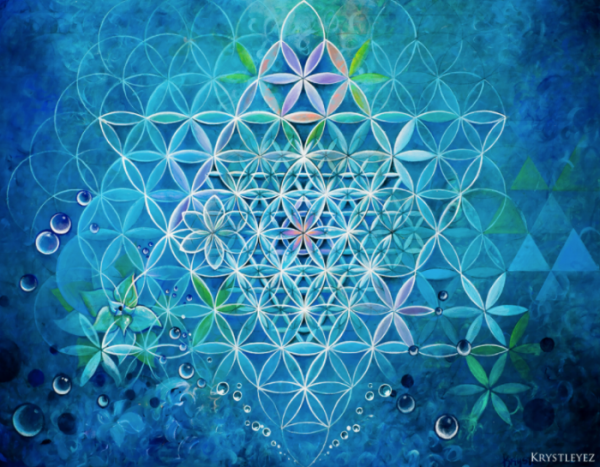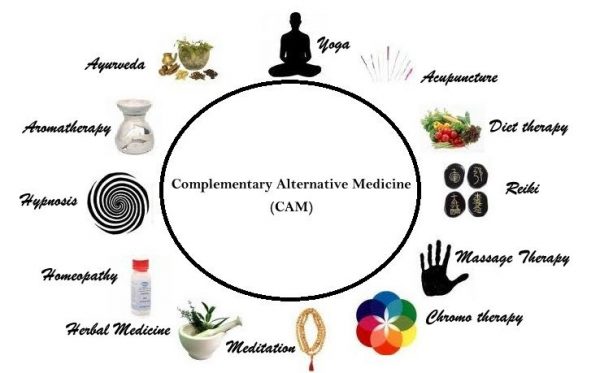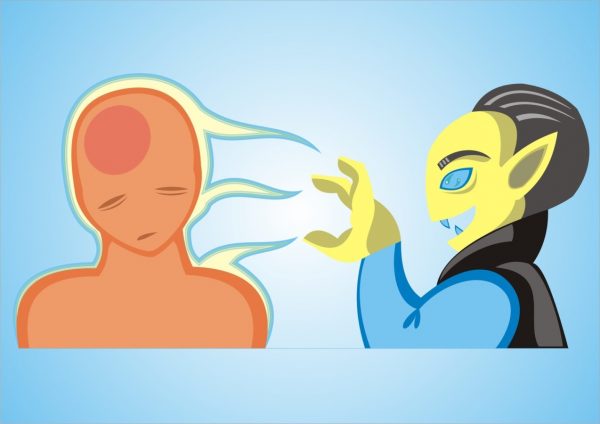I know that there are some who read my blog and think ‘Grief has tossed this lady into the deep end.’ I’d like to address that now for several reasons, none of which have anything to do with my ego, reputation or self-esteem.
Even before Erik died, I’ve been curious about spiritual matters. Deep inside, I knew that there was more to life than that which is contained in our limited three-dimensional reality perceived by our five senses. If we limit our beliefs to those engrained in us by Western culture and most organized religions, we are left with so many unexplained phenomena. How do psychics see into the past and future? Why do some children have imaginary friends? Why are we visited by our departed loved ones? Why do some children, barely old enough to speak, talk about their past lives? Why are some people born with phobias? Why does thought seem to create reality? The list goes on.
It seems that the theories I’ve been reading about most closely honor Occam’s Razor which states, in a nutshell, that the simplest theory that explains things is the most likely to be correct.
Because of my strong science background, I always felt at odds with spiritual matters, even as I felt a deep sense of knowing that the soul survives the body after death, that there is an afterlife, and that there is something to psychic abilities, reincarnation, and other matters that most would relegate to the domain of flaky gypsies and airy-fairy, New Age types. Despite, or perhaps because of this inner war, my search for scientific confirmation began in early adulthood. After Erik’s death, a keen sense of urgency propelled me to unravel the mystery with a more intense passion.
Much of what I’ve learned has been comforting because hard science is beginning to reconcile science with the mystical. Books like The Hidden Domain, by theoretical physicist Norman Friedman and My Big TOE (Theory of Everything), by nuclear physicist Thomas Campbell have provided painstaking evidence in terms of quantum physics that the mystical is not really hogwash, it’s actually very plausible. In fact, once you read what these and others have to say, there’s almost no denying these spiritual phenomena.
So why are these enigma so difficult to believe? In our limited physical material reality, we seem to label something as “real” only when we can observe it with our senses directly or with a measuring device that delivers the information to our senses in some way. Thomas Campbell compares our viewpoint to that of a bacterium dwelling in our intestines. Is that bacterium concerned with the nuclear fusion that takes place on our sun or the density and composition of our atmosphere? Of course not; these things have no direct significance to bacteria. Although, like all living things, they depend on the sun’s energy and the density and composition of the earth’s atmosphere, they cannot directly experience either. Their reality includes only that which is potentially knowable to them. Just like our limited perception in this 3-D, five sense reality of ours, the reality of a bacteria seems complete in its perception, even if it neglected to include the money in your bank account, the light bulb in your refrigerator, or the car in your garage. However, these items may indirectly have a profound effect on the current intestinal environment.
Money, refrigerators, light bulbs, and automobiles are too far removed from the practical, functional, or theoretical scope of bacteria to be comprehended by or to be a direct importance to them. To the bacteria, the source of the food descending from the stomach would seem mystical, right? The economic, social, and physical circumstances and processes that indirectly result in a particular food being deposited into the stomach would seem beyond mystical. The causal mechanisms that drive and order these apparently mystical events and processes are necessarily invisible to even the most brilliant intestinal bacteria. The forces and relationships that govern the growing of wheat as well as the making and marketing of bread falls beyond a bacterium’s theoretical ability to imagine, and therefore lies far beyond the largest reality it can possibly comprehend. Do not be too surprised to find us human beings in a similar situation.
That said, I believe we are part of a much larger reality where time and space must be redefined or put aside altogether, where thoughts become matter, where souls can enjoy immortality, and where creative energy is infinite. So we must keep an open mind and heed what Erik and other’s say. Once we do, our horizons will expand beyond our wildest expectations, and our perceptions and priorities will undergo radical transformation.



